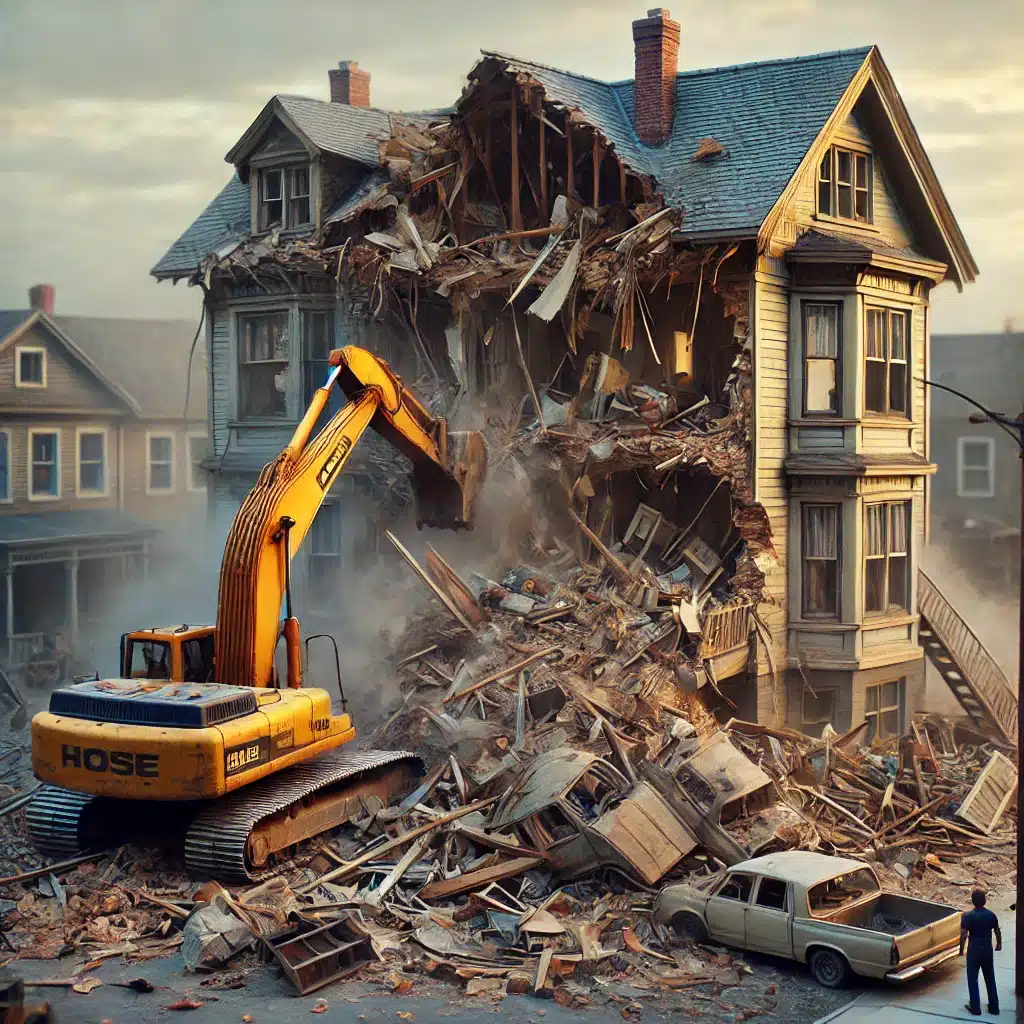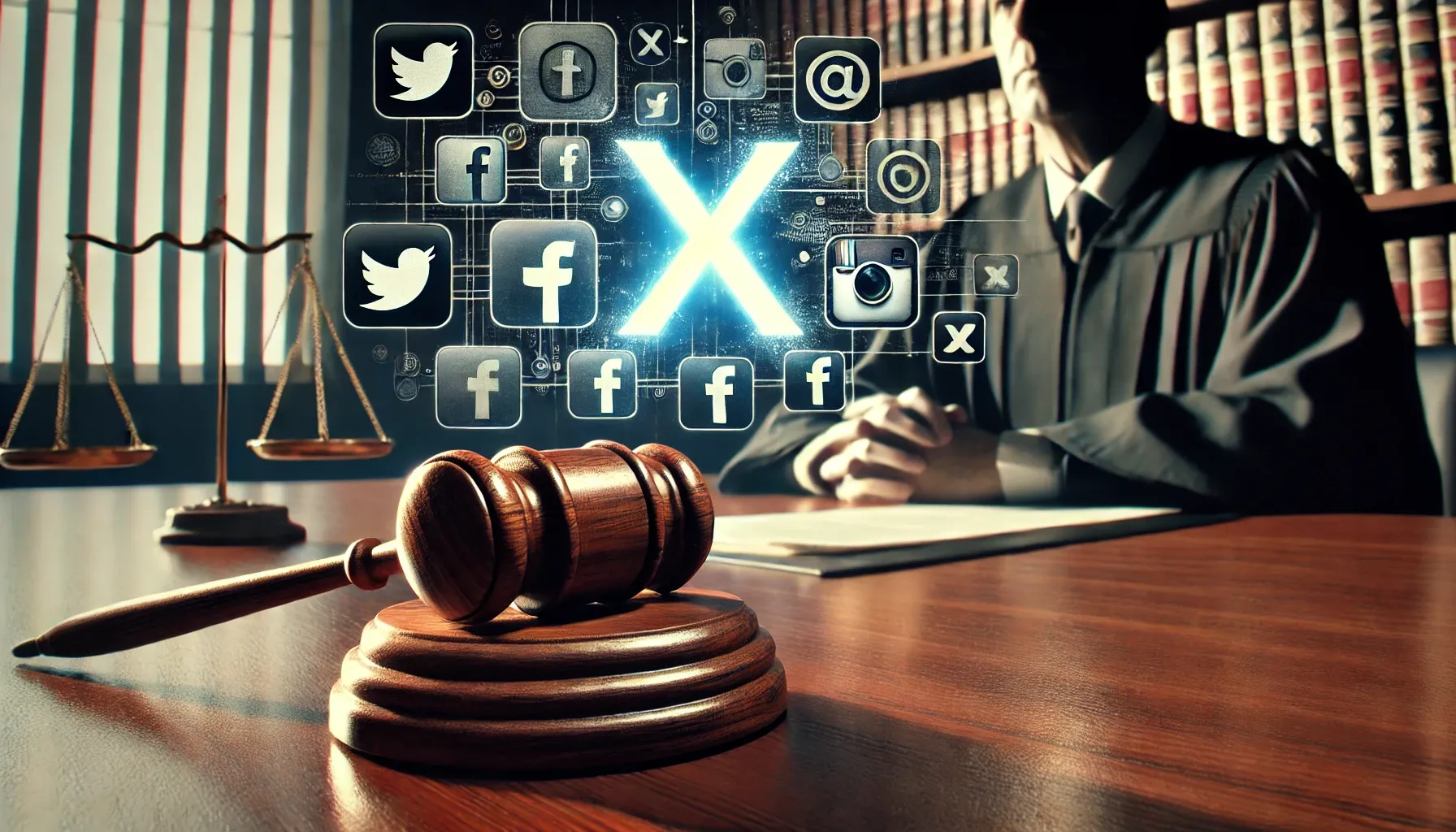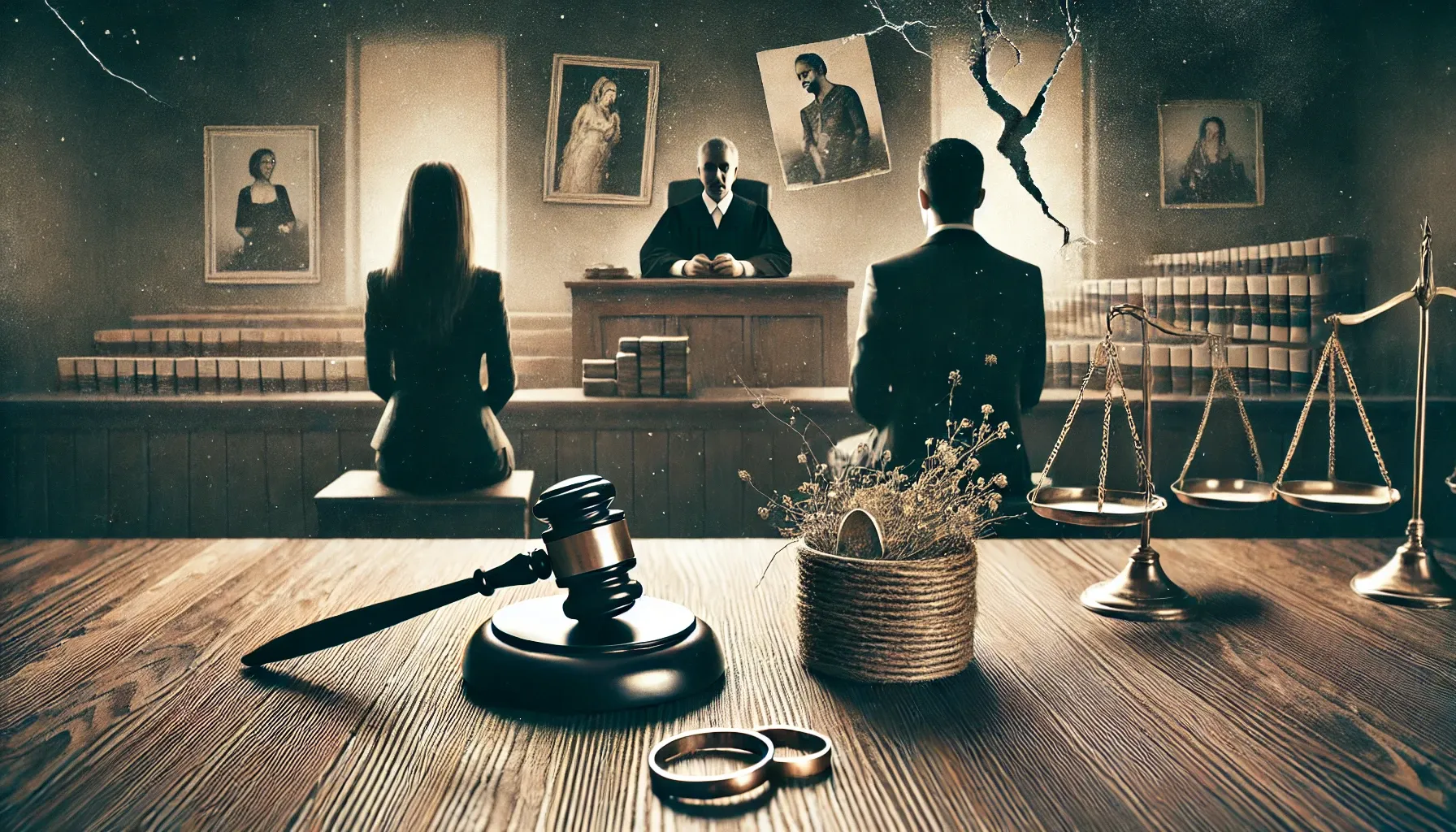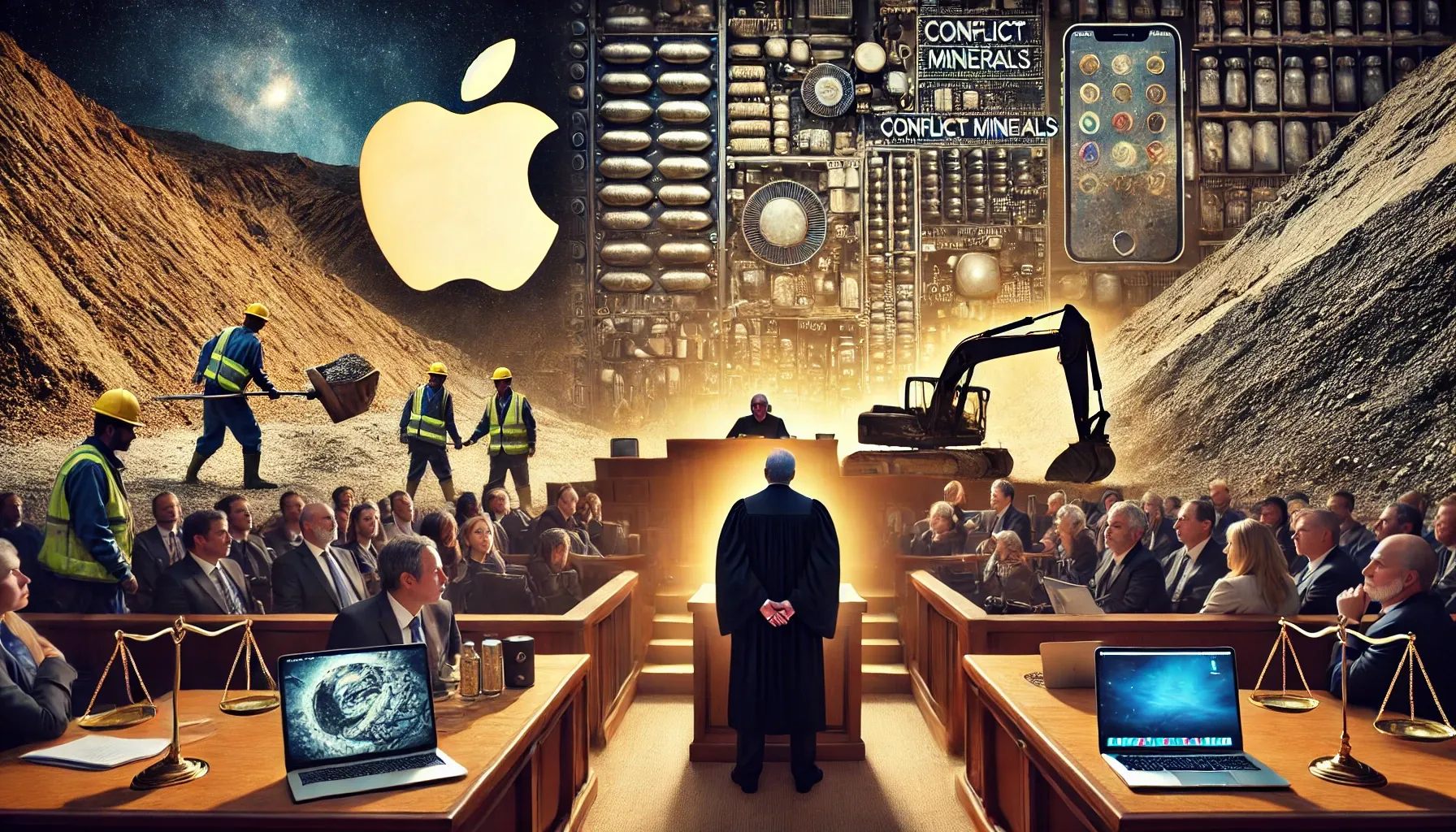The Supreme Court has issued an interim order suspending all demolition actions in India unless granted permission by the Court, exempting public spaces like roads and railway lines. This ruling comes in response to petitions challenging the demolition of buildings as punitive actions against indivi

The Supreme Court of India has issued an interim order halting demolition actions across the country unless the Court’s permission is obtained. The order, issued during a hearing on petitions challenging the legality of such actions, comes amid concerns about the misuse of demolitions as punitive measures against individuals accused of crimes. However, the Court clarified that demolitions of public encroachments like those on roads, footpaths, and railway lines, are exempt from this stay.
Key Court Orders and Legal Directions
- Interim Order on Demolitions
In its ruling, the Court declared: “Till the next date, there shall be no demolitions without seeking leave of this Court. However, such order would not be applicable for unauthorized constructions on public streets, footpaths, railway lines, or public spaces.” - Bench Composition and Decision
The directive was issued by a bench comprising Justices BR Gavai and KV Viswanathan in response to several petitions accusing state governments of using demolitions as a form of punishment. The matter has been posted for the next hearing on October 1, 2024. - Solicitor General’s Objection
Solicitor General Tushar Mehta, representing the government, objected to the Court’s order, arguing that the hands of statutory authorities could not be tied in such a manner. He emphasized the need for government bodies to carry out their functions. However, Justice Gavai remarked: “Heavens won’t fall if the demolitions are stopped for two weeks.”
Judicial Reasoning and Constitutional Concerns
- Special Powers Under Article 142
The Supreme Court invoked its special powers under Article 142 of the Constitution, granting it the ability to pass directives in situations where ordinary legal frameworks may not suffice. The bench underscored that demolitions should not proceed without judicial oversight, particularly when punitive motives are suspected. “We made clear we won’t come between unauthorized construction… But the executive can’t be a judge,” Justice Gavai emphasized. - Justice Viswanathan’s Observations
Justice Viswanathan further asserted: “Even if there is one instance of illegal demolition, it is against the ethos of the Constitution.” His comments reflected the Court’s deep concern over the arbitrary use of demolitions, particularly in cases involving criminal accusations against property owners.
Concerns Raised by Petitioners
- Advocate Submissions
Senior Advocate Chander Uday Singh, representing one of the petitioners, argued that demolitions were continuing despite the Court’s concerns in previous hearings. He highlighted an incident around 12 September 2024, in which an individual accused of stone-pelting had his home demolished that very night. - Government Defense
In defense of the demolition actions, the Solicitor General pointed out that notices for demolitions had been sent as far back as 2022, well before the crimes in question occurred. He emphasized that the demolition and the accusations were not related. Nevertheless, the bench expressed doubts over why the demolitions took place abruptly in 2024.
Court’s Response to Government Claims
- Narratives of Targeting Communities
The Solicitor General contended that a narrative was being constructed to suggest that specific communities were being unfairly targeted through demolitions. In response, Justice Viswanathan dismissed such concerns, stating: “Outside noises are not influencing us. We won’t get into the question of which community is involved… Even if there is one instance of illegal demolition, it is against the ethos of the Constitution.” - Statements from Ministers After Court Orders
The bench also noted that certain Ministers had made public statements justifying the continuation of bulldozer operations after the Court’s previous orders. Justice Gavai questioned: “Should this happen in our country? Should Election Commission be noticed? We will formulate directives.” The Court expressed its intention to issue nationwide guidelines to prevent further misuse of demolition actions.
Background of the Case
- Jahangirpuri Demolition Drive (2022)
The batch of petitions stems from a demolition drive in April 2022 in Delhi’s Jahangirpuri, following communal violence during a religious procession. Several petitioners, including Brinda Karat of the CPI(M), challenged the legality of the demolitions, claiming they were punitive measures directed at individuals allegedly involved in the violence. - Right to Life Under Article 21
In hearings in September 2023, petitioners raised the issue that demolishing homes of those accused of crimes violates Article 21 of the Indian Constitution, which guarantees the right to life, including the right to a home. The Court had expressed its intent to issue guidelines to ensure that demolitions follow the due process of law and are not used as punishment for alleged offenses.
New Petitions Filed in 2024
- Urgent Applications
Two urgent applications were filed in 2024, seeking relief from demolition actions in Madhya Pradesh and Rajasthan, where houses of individuals accused of crimes were demolished. One case involved the demolition of a house because the tenant’s son was accused of a crime. - Government Stance on Notices and Demolitions
Responding to these petitions, state authorities claimed that the demolitions were lawful, with notices for unauthorized construction violations issued well before the alleged crimes. The Supreme Court, however, reiterated that demolitions must be carried out following due legal procedures, not as a reaction to criminal accusations. Justice Gavai firmly stated: “A father may have a recalcitrant son, but if the house is demolished on this ground… this is not the way to go about it.”
Click to read: Jamiat Ulama I Hind v. North Delhi Municipal Corporation | Writ Petition (Civil) No. 295 of 2022 (and connected matters)





